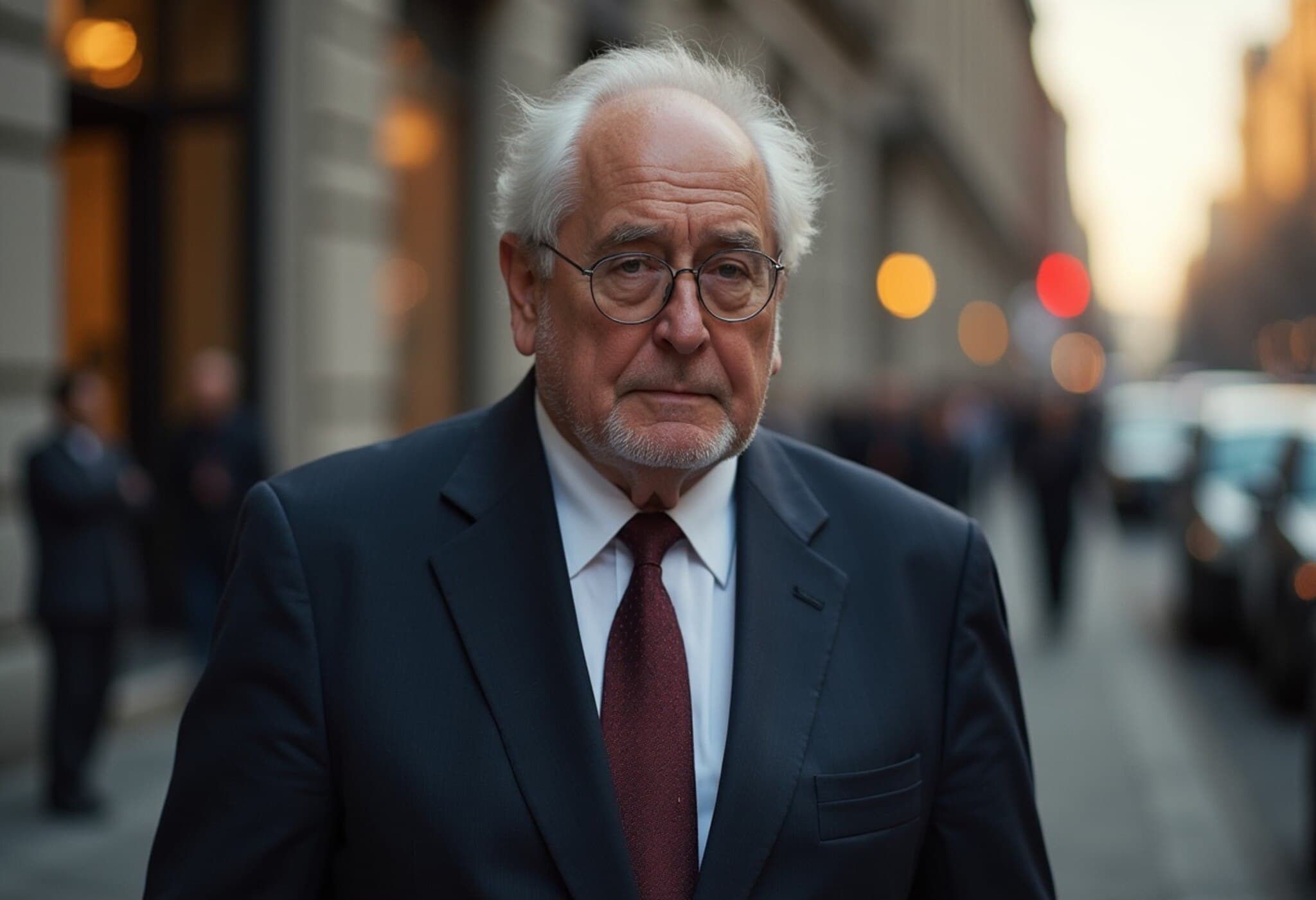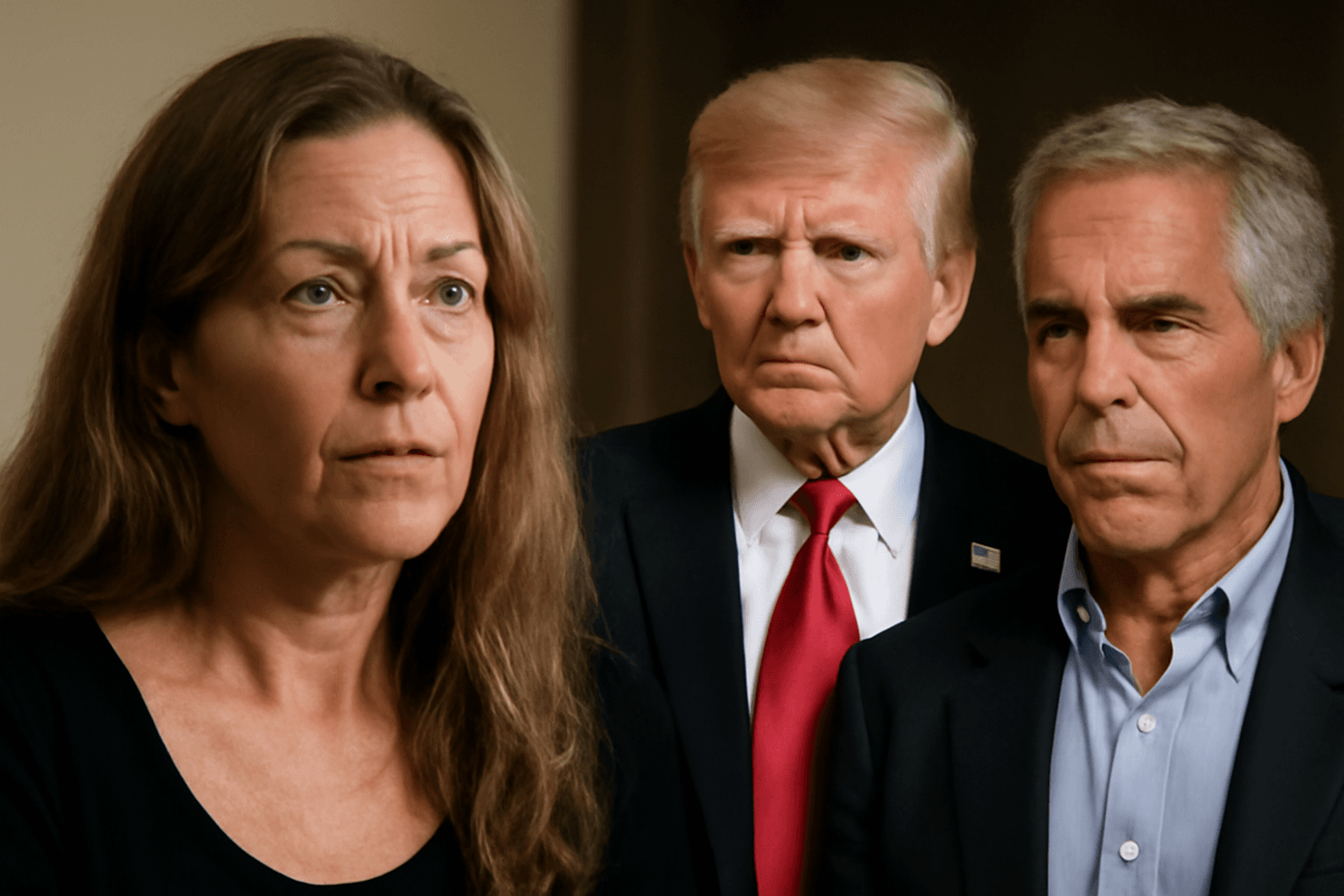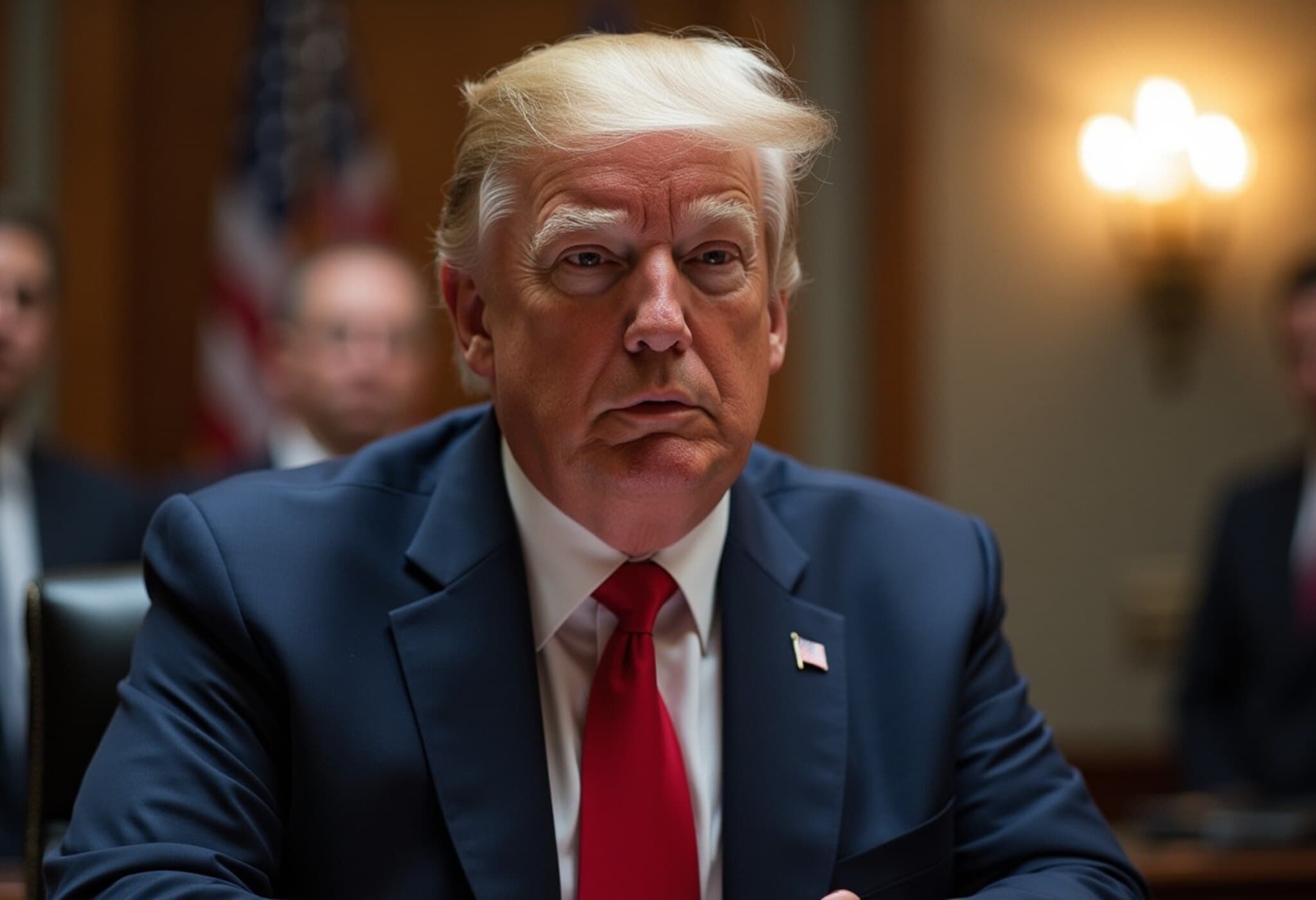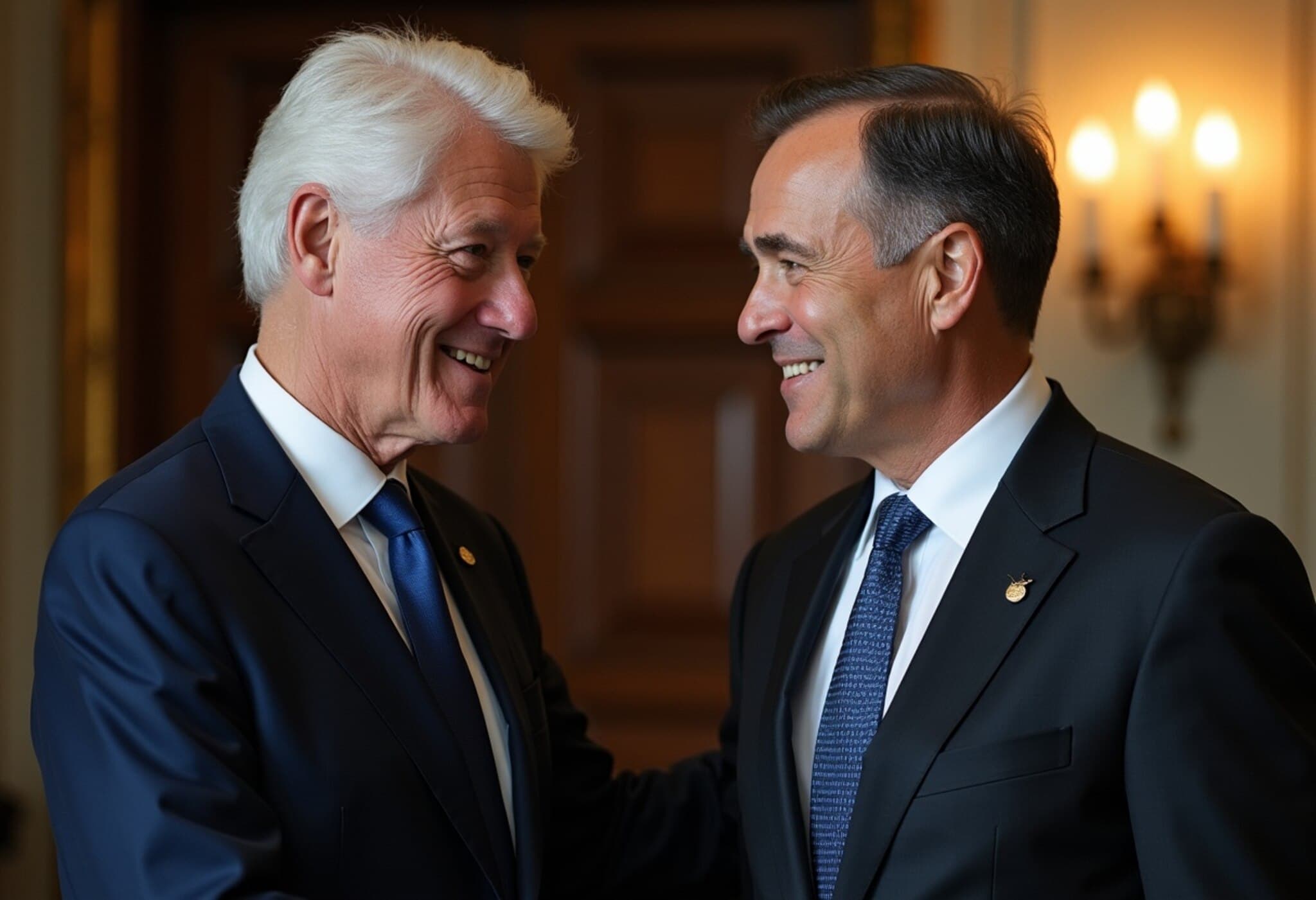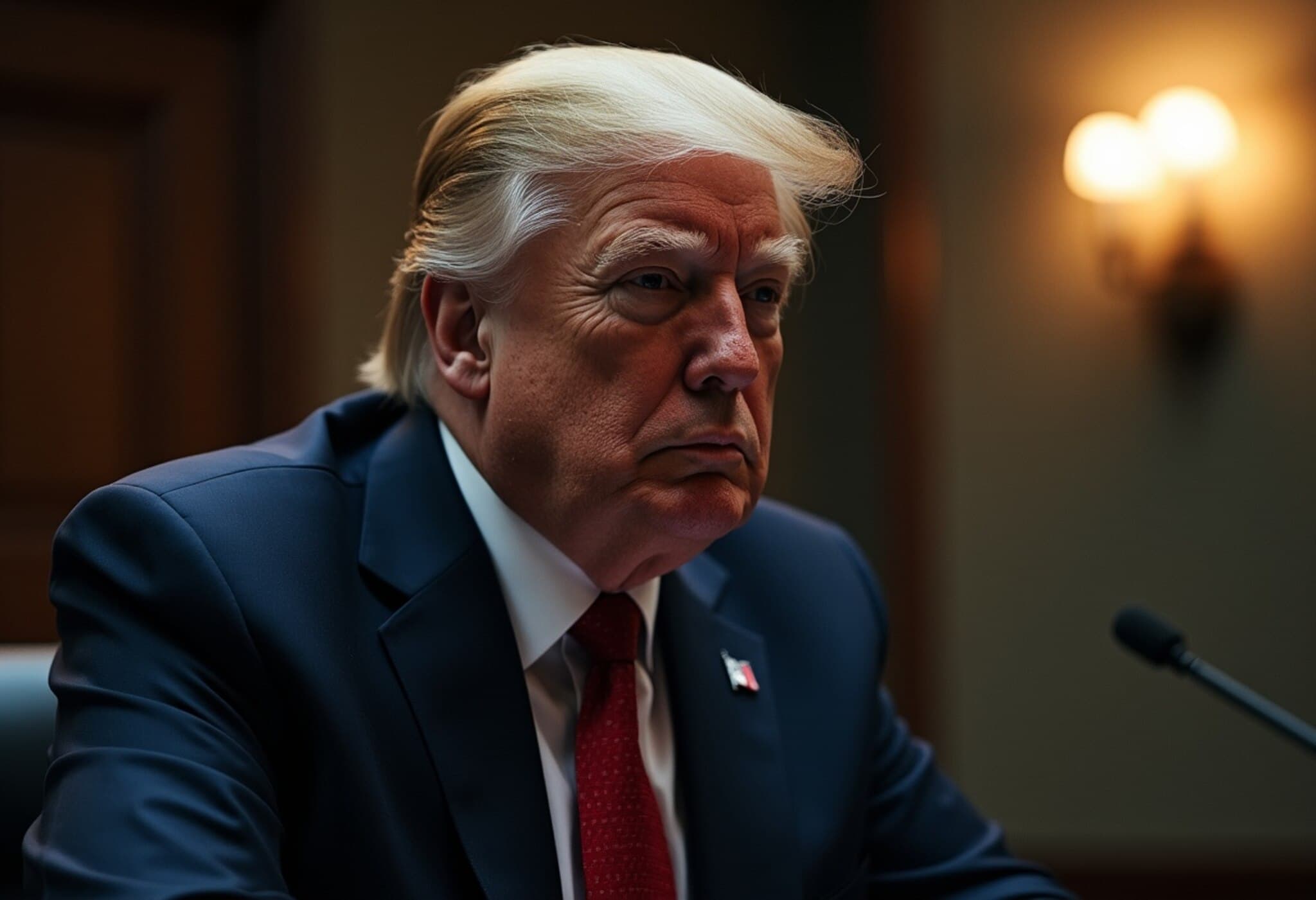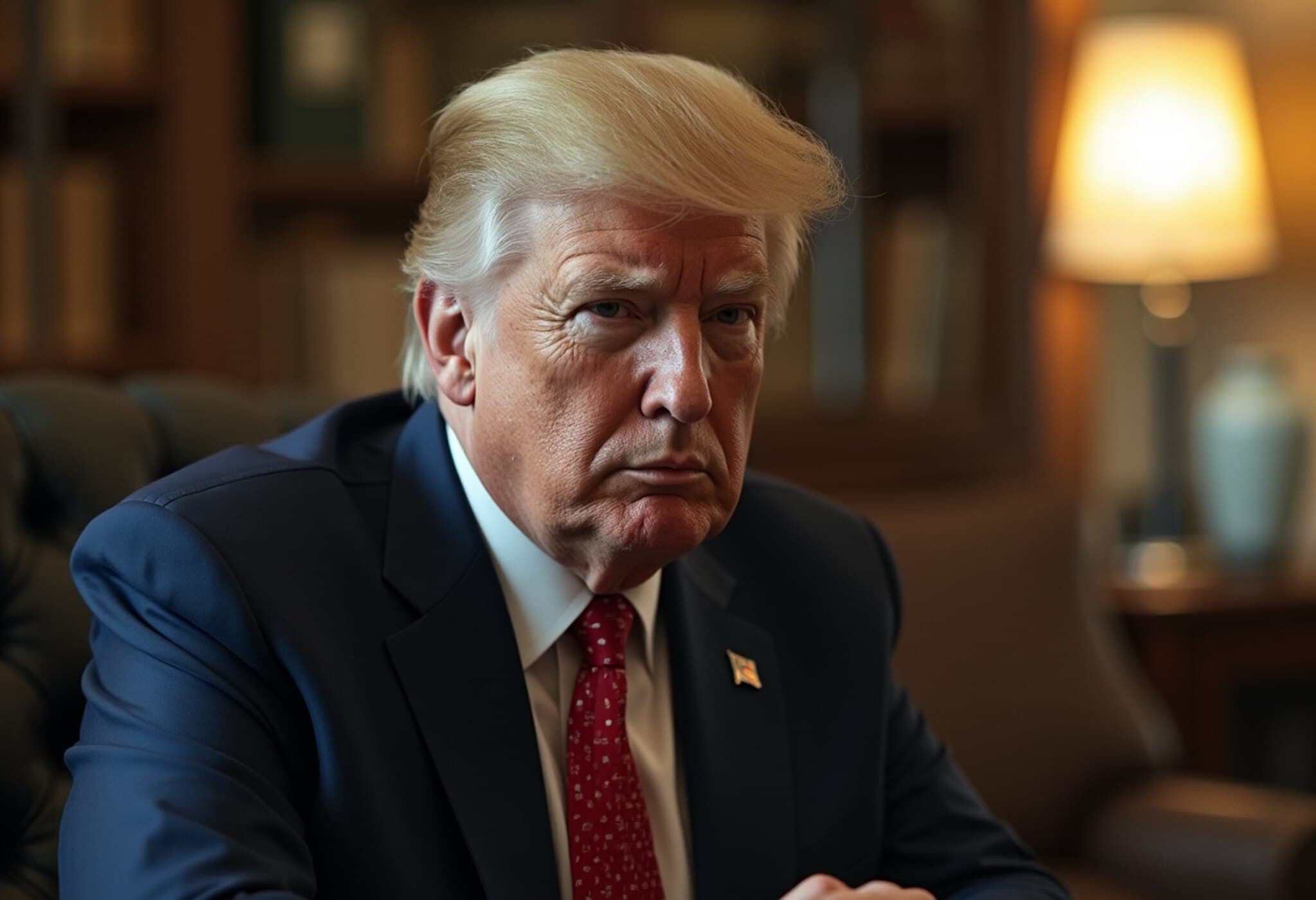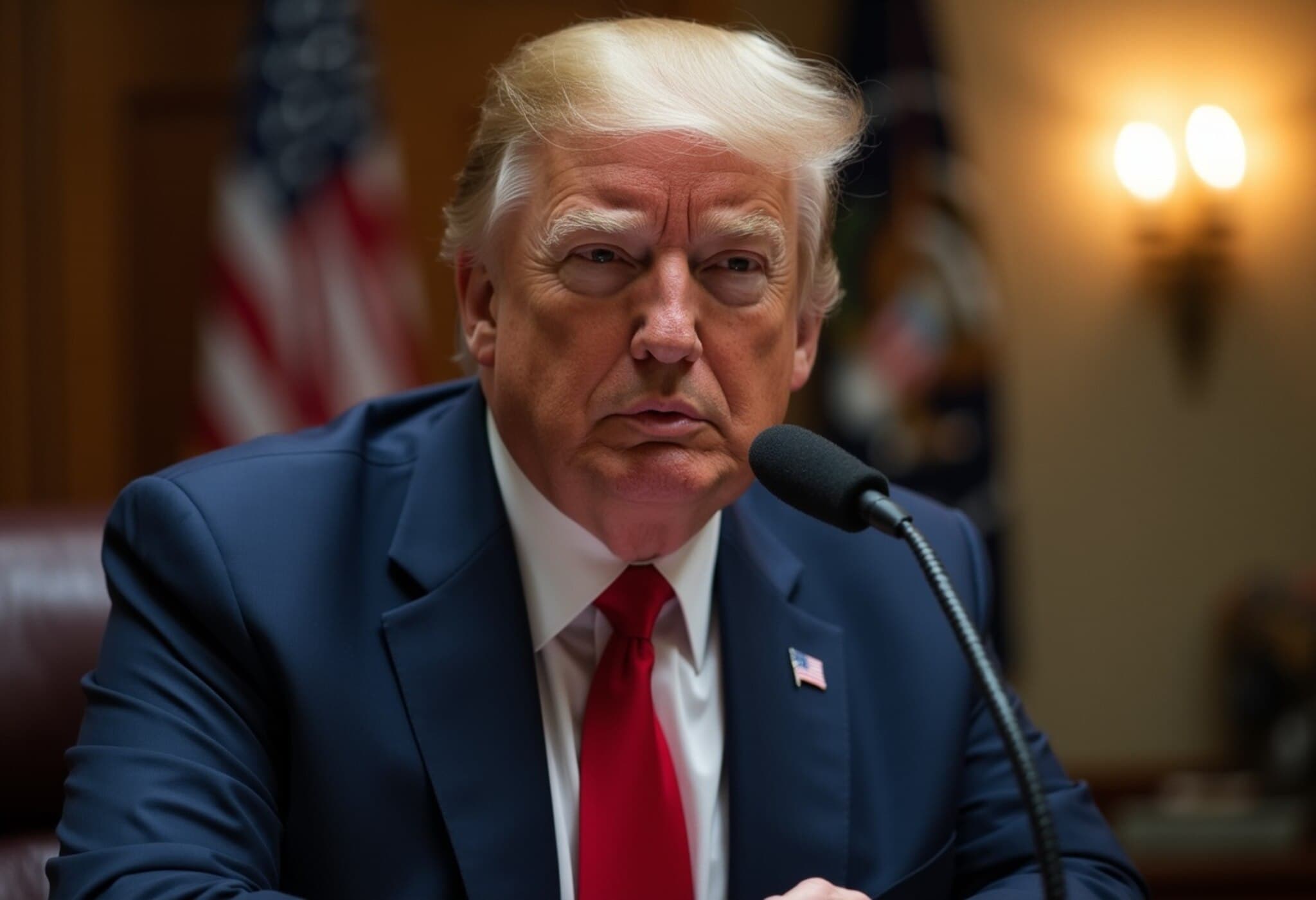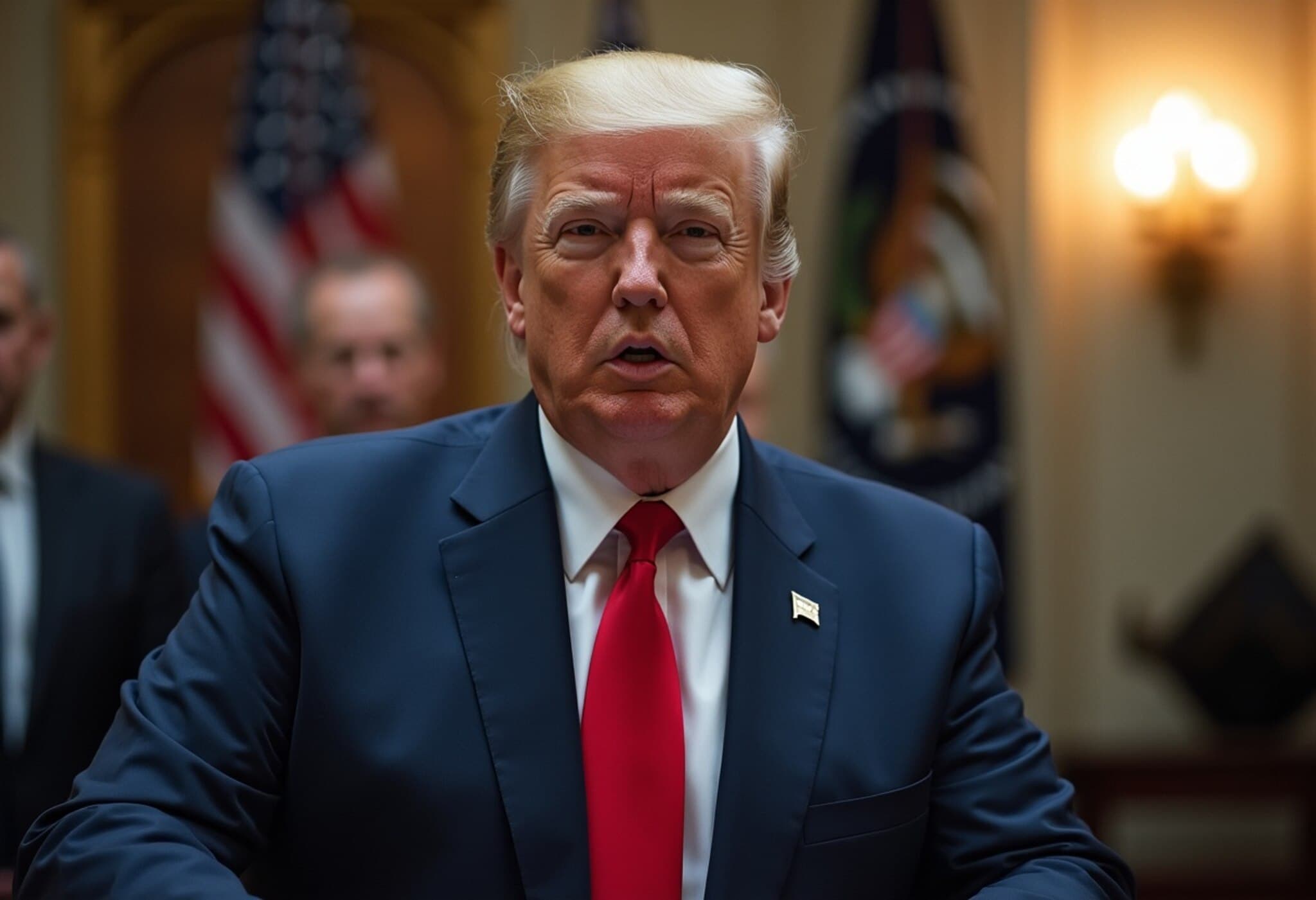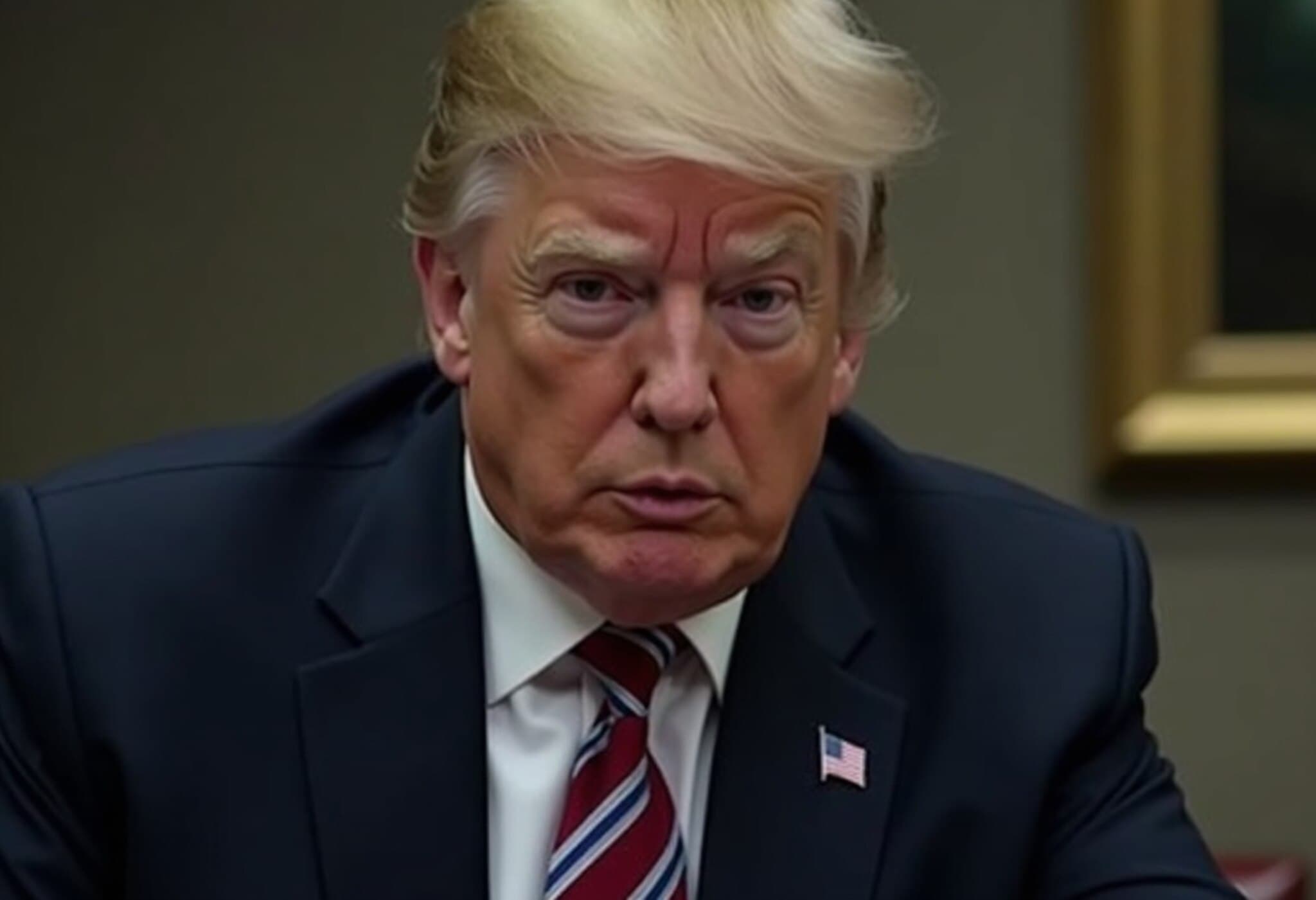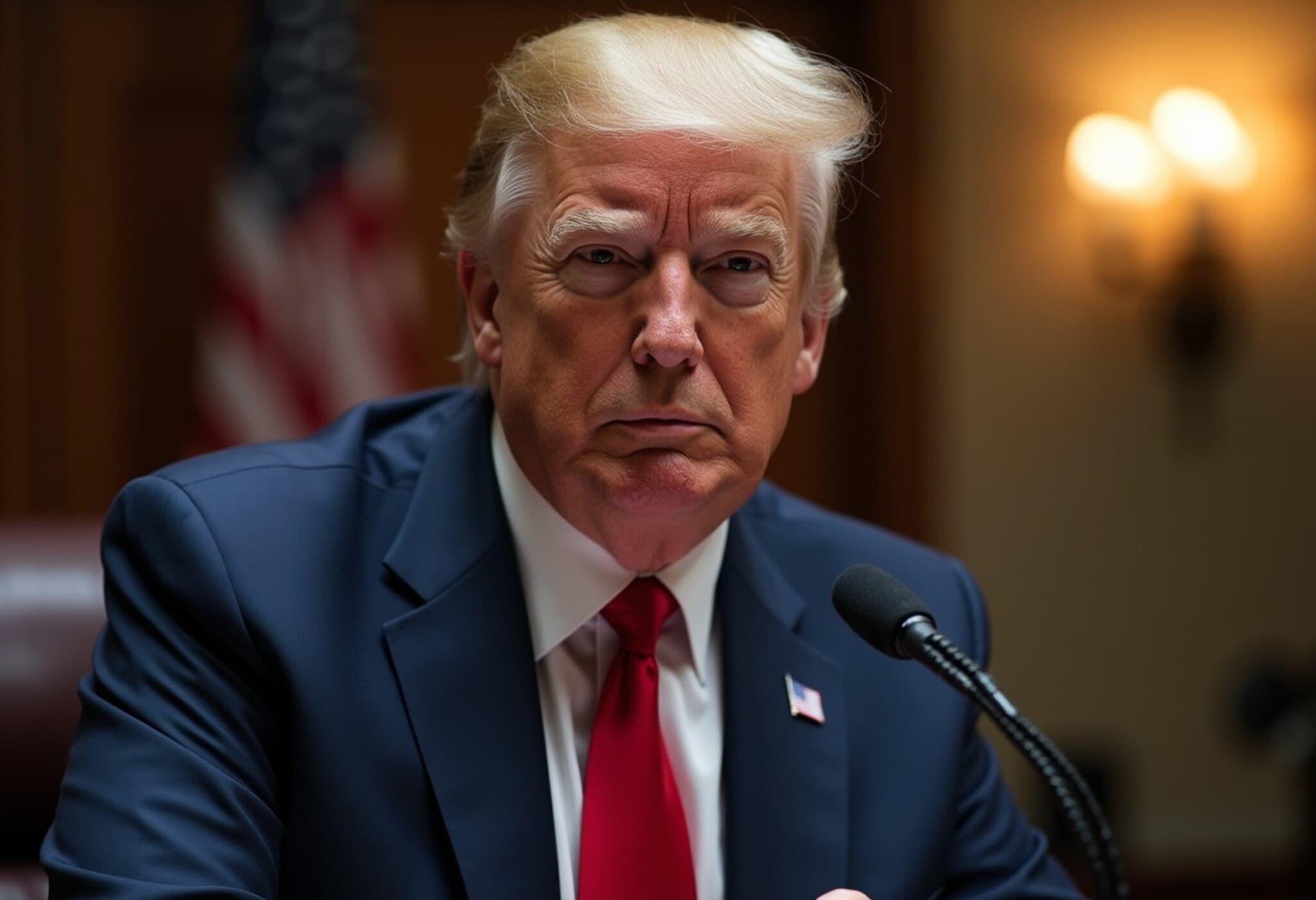Unraveling the Jeffrey Epstein Case: A Timeline of Controversy and Political Turmoil
The Jeffrey Epstein saga has periodically resurfaced in the public eye, sparking intense debate, conspiracy theories, and division within political circles. Despite official findings and court verdicts, the case continues to fuel skepticism, distrust, and ideological battles—particularly in the United States. This article offers a comprehensive chronological overview of key events connected to Epstein's legal troubles, death, and the ongoing controversies surrounding document disclosures and political reactions.
Early Charges and Arrest
6 July 2019: Epstein Arrested on Sex Trafficking Charges
Jeffrey Epstein was charged with federal sex trafficking offenses in Manhattan, accused of sexually exploiting dozens of underage girls between 2002 and 2005. His arrest reignited scrutiny of a previous 2008 plea deal in Florida that many criticized for its leniency. Epstein pleaded not guilty but faced mounting public outrage over the scope of his crimes.
Epstein’s Death and Rising Conspiracy Theories
10 August 2019: Epstein Found Dead in Jail Cell
Epstein was discovered dead in his Manhattan jail cell. Officially ruled a suicide by hanging, his death shocked the nation. However, immediate controversy ensued as his defense team and the public questioned the circumstances, giving rise to numerous conspiracy theories alleging foul play involving powerful figures linked to Epstein.
11 August 2019: Trump Fuels Speculation Involving Clintons
President Donald Trump amplified the controversy by tweeting and commenting on possible involvement of Bill and Hillary Clinton with Epstein, specifically referencing Epstein’s private island. Trump denied any personal visits to the island and underscored a falling out with Epstein years earlier, but the remarks intensified public curiosity and partisan debate.
‘Epstein Didn’t Kill Himself’ Becomes a Cultural Phenomenon
Despite official rulings, the phrase "Epstein didn’t kill himself" went viral, particularly among right-wing commentators and social media users. Even some Republican lawmakers echoed the sentiment, reflecting deep distrust in government transparency and fueling conspiratorial narratives about hidden truths.
Legal Verdicts and File Unsealing
29 December 2021: Ghislaine Maxwell Convicted
Epstein’s close associate, Ghislaine Maxwell, was found guilty of sex trafficking. The court condemned her crimes as "among the worst imaginable," labeling Epstein as her “co-conspirator.” This conviction marked a significant legal milestone and offered some measure of justice to survivors.
3 January 2024: Epstein Court Documents Publicly Unveiled
Documents related to Virginia Giuffre’s lawsuit against Maxwell were unsealed. While these claimed associations with well-known figures, including Bill Clinton, no direct accusations emerged against them in these filings. Nevertheless, the release reignited online controversies and conspiracy theories, complicating public perception.
Political Maneuvering Around Epstein Files
3 September 2024: Trump Comments on Declassification
On the campaign trail, Trump expressed willingness to declassify JFK and 9/11 files but hesitated to release Epstein-related documents, citing concerns over false information potentially harming innocent people.
21 February 2025: Attorney General Pam Bondi Addresses Epstein Files
Bondi stated on Fox News that Epstein case files were "on her desk," prompting speculation about imminent disclosures. She later clarified she referred specifically to case files, not any alleged client list.
27 February 2025: Selective Document Release to Conservative Commentators
Binders titled "The Epstein Files: Phase 1" were distributed to conservative influencers but contained limited new insights. The Department of Justice pledged further releases pending redaction to protect victim identities.
Recent Developments and Deepening Divisions
5 June 2025: Elon Musk’s Accusation Tweet
Musk tweeted, then deleted, a claim linking Trump to Epstein files during a public spat about taxation, contributing to an already charged atmosphere around the case. The unverified nature of the tweet highlighted ongoing misinformation risks.
7 July 2025: DOJ Denies Existence of Client List
The Department of Justice announced no client list linked to Epstein exists and curtailed further document releases. Eleven hours of surveillance video from Epstein’s jail cell were made public, though with a crucial missing minute explained as a technical glitch by Bondi.
7 July 2025 Onwards: Right-Wing Backlash and Internal Conflict
Prominent figures such as Alex Jones and Laura Loomer accused the government of suppressing information, stirring distrust among conservative bases. Inside the White House, tensions flared between Pam Bondi and commentator Dan Bongino, with reports of heated confrontations and Bongino contemplating resignation if Bondi remained.
12 July 2025: Trump Calls for National Unity While Downplaying Epsteins’ Significance
In a widely debated Truth Social post, Trump defended Bondi and characterized the Epstein case as "sordid but boring," urging Americans to focus on unity rather than controversy. The post received heavy criticism, reflecting the polarized public mood.
14-15 July 2025: Congressional Dynamics Shift
- House Republicans initially blocked Democrat-led efforts to force a vote on releasing more Epstein documents.
- Surprisingly, House Speaker Mike Johnson advocated for full transparency, demanding all materials be made public for citizens to judge.
- Contrastingly, Trump labeled supporters of further disclosure as "pretty bad people," underscoring the ongoing friction within the GOP and among voters.
Expert Insight: What Does the Epstein Case Reveal About Transparency and Trust?
The Jeffrey Epstein case underscores the complexities of balancing transparency with privacy and legal procedure, especially when politically sensitive material is involved. The persistent conspiracy theories and polarized reactions expose broader societal challenges—mistrust in institutions, the weaponization of information, and the struggle to reconcile justice for survivors with protecting due process.
Experts caution that selective disclosures and politicization risk undermining public confidence both in government transparency and in the legal system. The sensationalism surrounding Epstein’s connections to prominent individuals highlights the power—and peril—of incomplete information in the digital age.
Looking Ahead: Questions That Remain
- Will full disclosure of Epstein-related documents ever be realized, and what will it mean for public trust?
- How can justice systems ensure victim privacy while satisfying calls for transparency?
- What role does political allegiance play in shaping narratives around high-profile criminal cases?
Editor’s Note
The unfolding Jeffrey Epstein case offers a stark reminder: in an era where information flows swiftly and emotions run high, seeking truth demands patience, critical thinking, and a commitment to facts over faction. As new developments arise, discerning readers should weigh evidence cautiously, recognize the human cost behind headlines, and question not only the content but the motives behind public disclosures.
Stay informed as this story evolves, understanding its legal, political, and societal layers beyond the sensational headlines.

